Have you ever felt the frustration of being limited by the tools you use? Like an artist with only a few colors on their palette, sometimes the digital tools we use prevent us from fully expressing our creativity and efficiency. That's how I felt with Systeme.io.
When I started using Systeme.io for my blogging project, I was impressed by its simplicity. But quickly, I felt restricted.
I was looking for more flexibility in design, more advanced SEO options, and integrations with other tools I was already using.
This quest for the perfect platform led me to discover the vast universe of CMS and marketing platforms.
If you find yourself in a similar situation, looking for an alternative to Systeme.io that better suits your needs, you're in the right place.
In the following lines, we will explore together the best alternatives available on the market, each with its own strengths and specificities.
Why look for alternatives to Systeme.io?
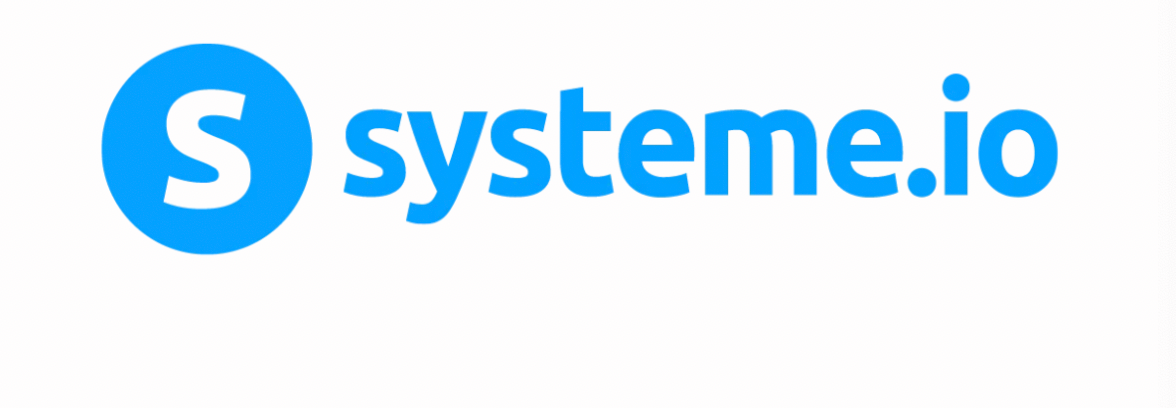
There are several reasons that might lead you to look for an alternative to Systeme.io. Here are the most common ones:
Customization
Systeme.io offers appreciable ease of use for beginners, but it may present limitations for those seeking advanced customization.
For example, while the platform allows for some customization of sales pages and emails, the options remain relatively basic compared to other solutions.
This lack of flexibility can be a hindrance for businesses or content creators wanting to develop a unique and distinctive online brand identity.
Scalability
While Systeme.io is designed to support small businesses and individual entrepreneurs, its ability to scale with rapidly growing businesses may be limited.
This is partly due to its structure and features being more suited to basic needs, which may not suffice for larger-scale enterprises or those with complex requirements.
Integrations
One notable weakness of Systeme.io is its level of integration with other tools and services.
While other platforms offer extensive integrations with a wide range of third-party applications, Systeme.io is somewhat limited in this area, which can restrict workflow fluidity for businesses relying on multiple software tools.
These limitations do not diminish the value of Systeme.io for many users, but they highlight why a significant segment of its user base may be seeking alternatives more aligned with their needs.
Top 10 Alternatives to Systeme.io
Here's a detailed overview of the ten most promising solutions, each offering its own unique strengths and tailored to different needs.
1. Ghost CMS
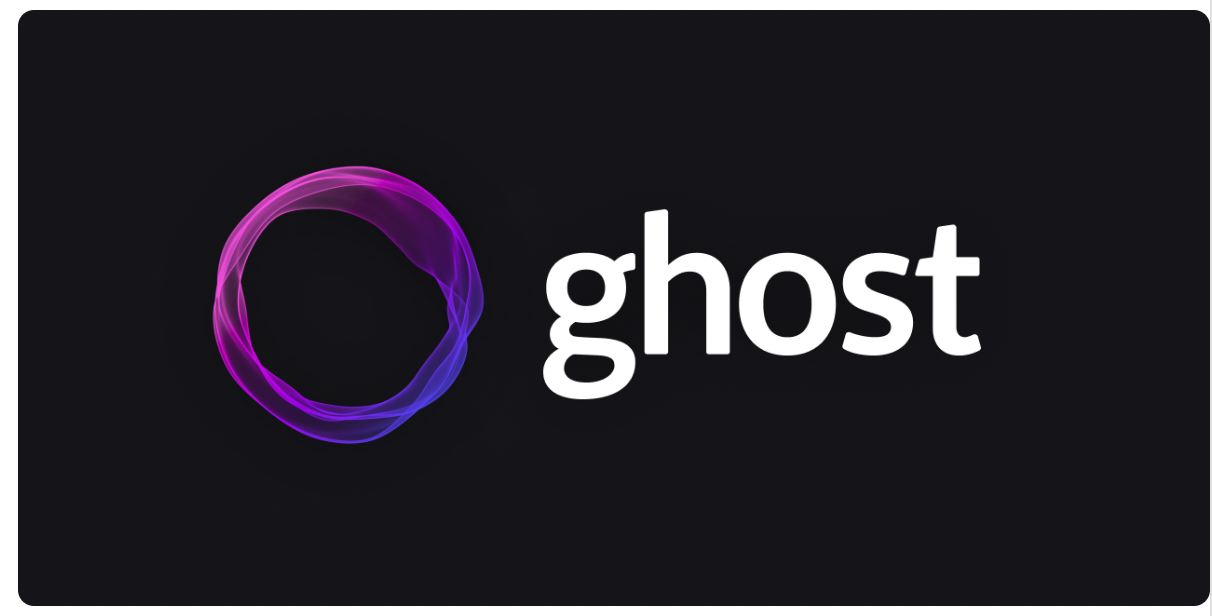
Overview of Ghost CMS
Ghost CMS is an open-source online publishing platform designed for content professionals.
Founded in 2013, it quickly gained a reputation as an SEO-focused solution, offering a reliable and user-friendly alternative ideal for SMEs, freelancers, and bloggers.
Key Features
. Built-in SEO optimization: Ghost CMS is built with a particular focus on SEO. It offers features such as automatic XML sitemap, rich meta tags, and AMP optimization for mobile.
. Streamlined publishing experience: Ghost's editor is simple and intuitive, allowing for the creation of rich content with smooth layout.
. Theme customization: With support for custom themes, Ghost CMS gives users the freedom to design a unique site that reflects their brand or personality.
. Integrated newsletter: This allows you to send your communication directly to your members from your Ghost CMS site.
. Performance and speed: Being a Node.js platform, Ghost CMS stands out for its fast loading speed, essential for a good user experience and ranking in search engines.
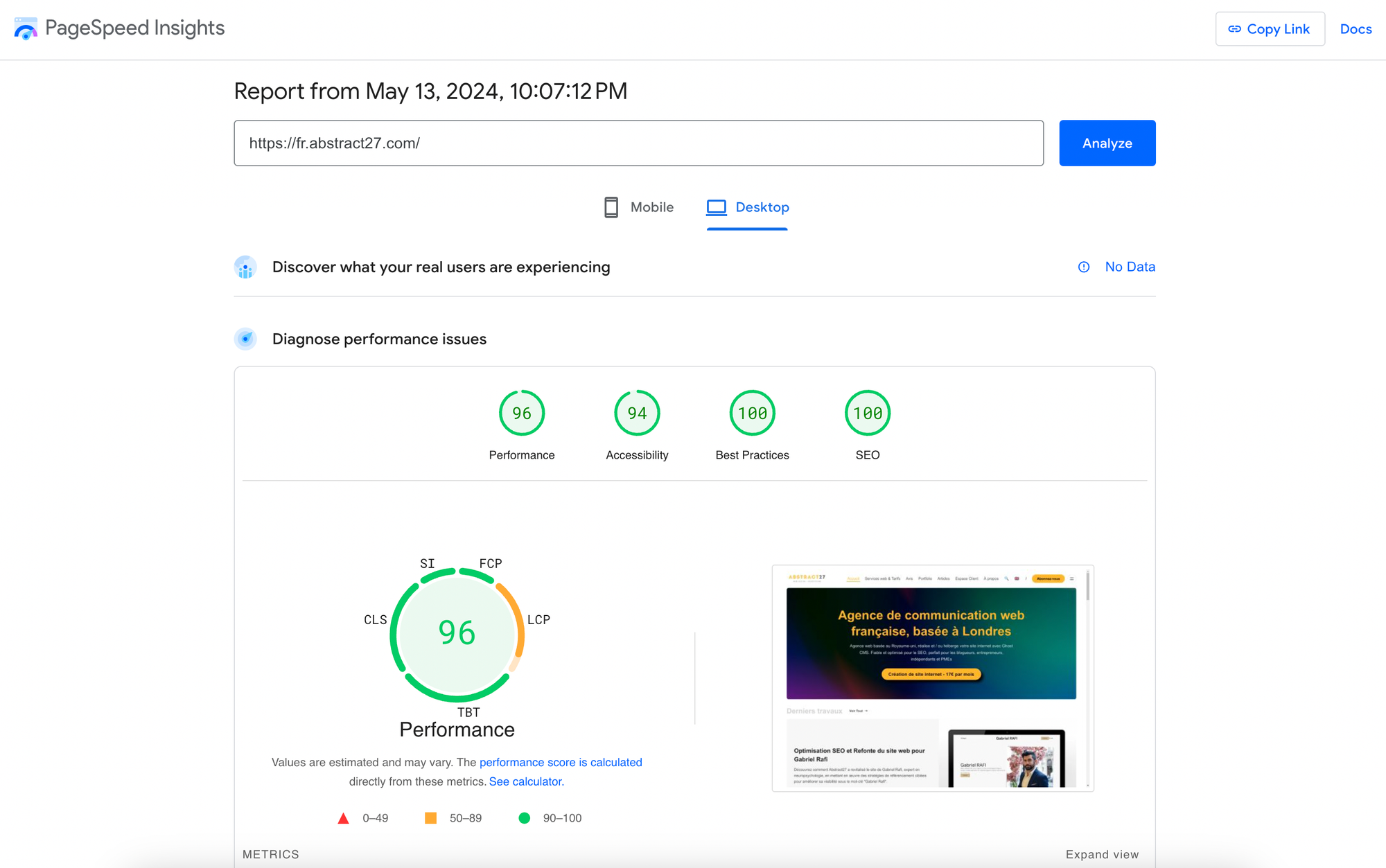
Public cible
Ghost CMS is ideal for bloggers, journalists, and content-focused businesses seeking a streamlined, fast, and SEO-optimized platform.
Its open-source nature also attracts developers and technically savvy users.
Tarification
Ghost CMS offers several pricing options:
- Self-hosted Ghost: A free open-source plan for those who want to host their site themselves.
- Ghost Pro: Ranges from $9 to $199/month, depending on traffic and required features.
Advantages and disadvantages table
| Advantages | Disadvantages |
|---|---|
| Exceptional SEO optimization | Requires technical skills for setup and customization |
| Clean, writing-focused user interface | Fewer plugins and integrations compared to platforms like WordPress |
| High performance and fast loading speed | - |
Things to remember
Ghost CMS emerges as a powerful alternative for those who prioritize SEO, performance, and clutter-free publishing experience. While its learning curve is steeper and it requires some technical expertise, its advantages in terms of SEO and speed make it a solid choice for content professionals.
2. ClickFunnels

Overview of ClickFunnels
Launched in 2014, ClickFunnels is a sales funnel creation tool designed to simplify the online marketing process for businesses.
Its value proposition lies in its ability to make it easy to create sales pages, landing pages, and email marketing sequences without requiring coding skills.
Key Features
. Drag-and-drop editor: Allows for easy creation of sales funnels and landing pages without deep technical knowledge.
. Built-in autoresponder: ClickFunnels integrates autoresponder features to manage email marketing campaigns.
. Affiliate management: The platform offers tools to create and manage affiliate programs, thereby increasing marketing opportunities.
Target Audience
ClickFunnels is particularly suitable for online marketers, entrepreneurs, and e-commerce website owners looking to maximize conversions without delving into complex technical aspects.
Pricing
ClickFunnels offers two main pricing tiers:
. Standard Plan: Starting from $97/month, providing access to all funnel creation features.
. Platinum Plan: At $297/month, including advanced features and unlimited funnels.
Advantages and disadvantages table
| Advantages | Disadvantages |
|---|---|
| Intuitive and user-friendly interface | Quite costly, especially for small businesses or freelancers |
| Excellent integration of marketing and sales tools | Some limitations in template customization |
| Recognized effectiveness in maximizing conversion rates | - |
Things to remember
ClickFunnels is a robust solution for businesses looking to optimize their online sales processes. Its user-friendly approach, combined with integrated marketing tools, makes it a preferred choice for those seeking to improve conversions without delving into web development complexity. However, its cost may be a deterrent for small businesses or individuals with limited budgets.
3. Kajabi
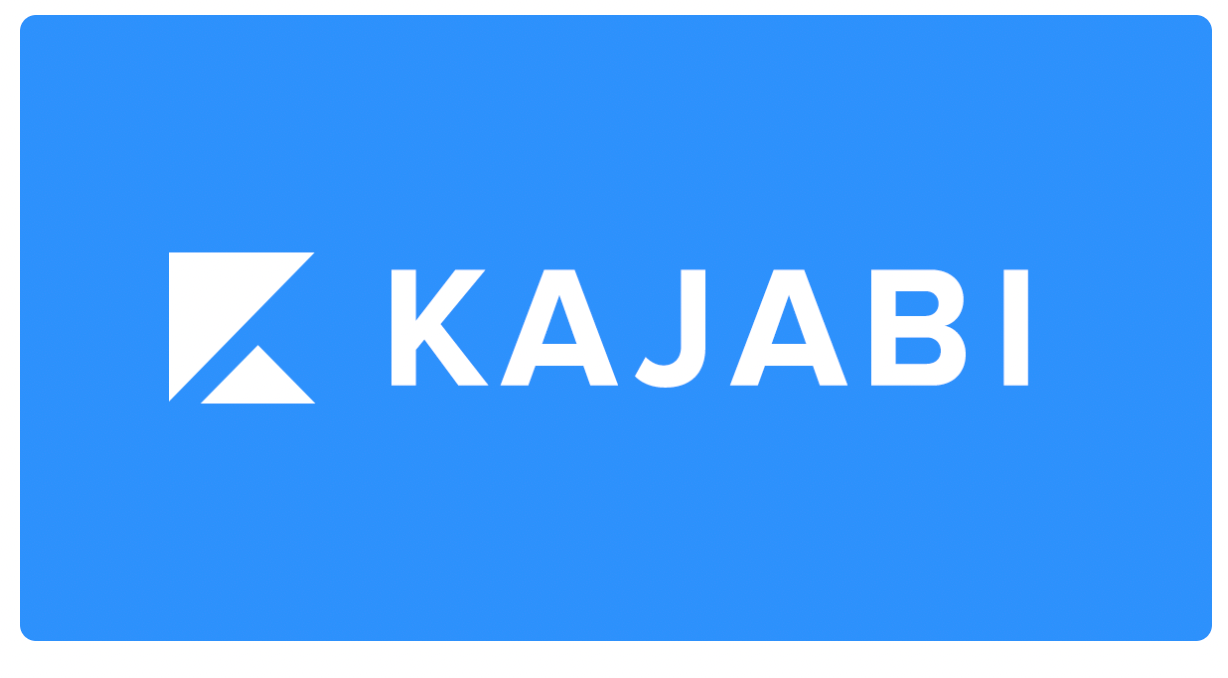
Presentation
Kajabi is a comprehensive platform designed for online course creators, coaches, and digital entrepreneurs.
Launched in 2010, it has established itself as an all-in-one solution, offering tools for creating, managing, and marketing online educational content.
Key Features
. Course Creation: Kajabi allows the creation of interactive online courses with videos, quizzes, and assessments.
. Integrated Marketing Tools: The platform includes email marketing features, landing pages, and tools for managing marketing campaigns.
. Analytics and Reporting: Kajabi offers detailed dashboards to track course performance and user behaviors.
Target Audience
Kajabi is ideal for educators, coaches, and entrepreneurs looking to create and sell online courses. It is particularly suitable for those seeking a comprehensive solution, eliminating the need for multiple separate tools.
Pricing
Kajabi offers three pricing plans:
- Basic: Starting at $119/month, including essential features to get started.
- Growth: At $159/month, offering advanced options and better user management capabilities.
- Pro: At $319/month, for users needing premium features and greater scalability.
Advantages and disadvantages table
| Advantages | Disadvantages |
|---|---|
| User-friendly and comprehensive interface for course management | More expensive compared to other platforms dedicated solely to course creation |
| Effective integration of marketing tools to maximize reach and sales | Some limitations in terms of course and design customization |
| Deep analytics options for better decision-making | - |
Things to remember
Kajabi stands out as a top solution for professionals aiming to create, manage, and market online courses in an integrated manner. Its user-friendly interface, combined with its comprehensive features, makes it a powerful tool, although its cost may pose a barrier for small creators or those with a limited budget.
4. Teachable

Presentation
Teachable is a popular platform for creating and selling online courses. Launched in 2014, it has emerged as a top choice for educators and entrepreneurs looking to share their knowledge in a professional and effective manner.
Key Features
. Intuitive course builder: Teachable offers a user-friendly interface that allows for the creation of courses with various types of content, such as videos, text, and quizzes.
. Student management: The platform facilitates student enrollment, payment collection, and tracking of learner progress.
. Brand customization: Teachable enables users to customize the appearance of their courses and sales site to reflect their branding.

Target Audience
Teachable is ideal for individual instructors, small entrepreneurs, and small businesses looking to create and sell online courses without worrying about complex technical aspects.
Pricing
Teachable offers several pricing tiers:
. Free: A basic plan with limited features.
. Pro: Starting at $119 per month, offering advanced features and reduced sales commission.
. Business: At $249 per month, for users needing full control and extended features.
Advantages and disadvantages table
| Advantages | Disadvantages |
|---|---|
| Easy to use for beginners in online course creation | Limited customization options compared to more advanced platforms |
| Strong customization options to reinforce brand identity | Transaction fees on lower-tier plans can add up |
| Good student management and tracking | - |
Things to remember
Teachable emerges as an accessible solution for those starting out in creating and selling online courses. Its ease of use and customization options make it a popular choice, although some more advanced content creators may seek more sophisticated features.
5. Podia
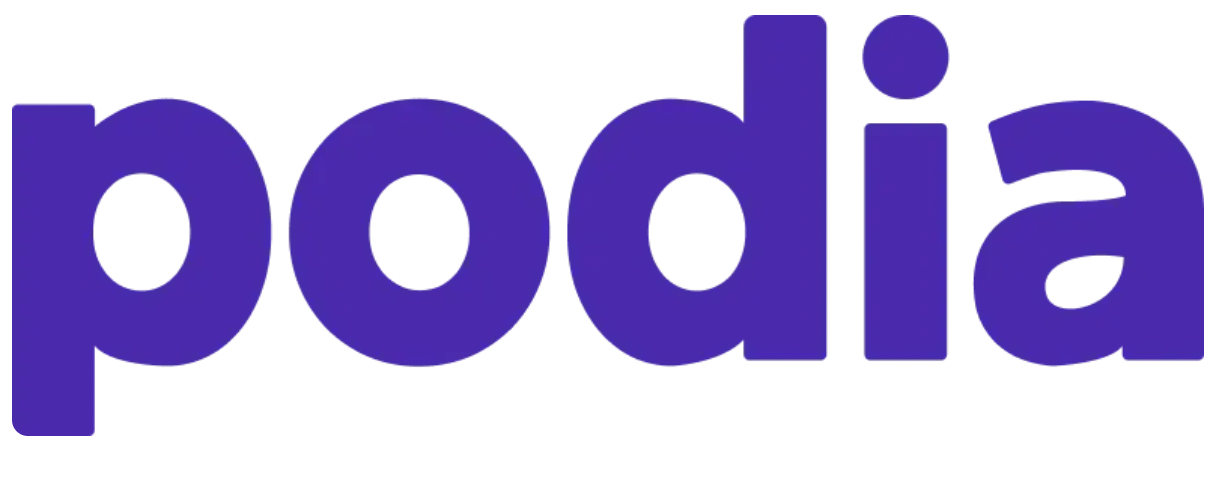
Presentation
Podia is a versatile online platform that enables creators to sell digital products such as online courses, subscriptions, and webinars.
Since its launch in 2014, Podia has established itself as a user-friendly all-in-one alternative for digital entrepreneurs.
Key Features
. Digital Product Sales: Podia simplifies the process of selling courses, ebooks, and other digital products.
. Member Sites: The platform allows for the creation of member spaces to offer exclusive content and strengthen community.
. Integrated Marketing Tools: Podia includes email marketing features, landing pages, and tools for affiliates.
Target Audience
Podia is ideal for content creators, trainers, and entrepreneurs seeking a simple and integrated solution to sell digital products and build online communities.
Pricing
Podia offers several pricing plans:
. Mover: Starting from $39/month, offering basic features for digital product sales.
. Shaker: At $79/month, including advanced features such as memberships and blogs.
. Earthquaker: At $179/month, for users requiring extensive capabilities and priority support.
Advantages and Disadvantages table
| Advantages | Disadvantages |
|---|---|
| Simple and intuitive user interface | Limited customization features and advanced marketing tools |
| Excellent integration of marketing tools | Less suitable for large businesses or users seeking specific features |
| Flexibility in selling various types of products | - |
Things to remember
Podia stands out as an efficient and user-friendly option for digital creators and entrepreneurs who are starting out in online product sales. Its ease of use makes it an attractive choice, although some users may find the customization options and marketing tools somewhat limited compared to more advanced platforms.
6. Kartra

Overview of Kartra
Kartra presents itself as an all-in-one online marketing platform, launched in 2018.
It combines various tools necessary for creating, marketing, and launching products online, offering an integrated solution for entrepreneurs and small businesses.
Key Features
. Email Automation: Kartra allows for the creation of complex email marketing campaigns with automated responses based on user behavior.
. Landing Page Creation: The platform offers a drag-and-drop editor to build compelling landing pages.
. Video Hosting: Kartra integrates video hosting features, enabling users to include videos directly in their marketing strategies.
. CRM Integration: The platform synchronizes with various CRM tools for optimized customer management.
Target Audience
Kartra is particularly suited for online entrepreneurs, digital marketers, and small businesses looking for a comprehensive platform to manage all aspects of their online presence.
Pricing
Kartra's pricing plans vary based on business needs and scale:
. Starter: Starting from $99/month, suitable for small businesses and entrepreneurs.
. Silver: At $199/month, offering more capabilities and features.
. Gold and Platinum: Up to $499/month, for large businesses needing extensive capabilities.
Advantages and Disadvantages table
| Advantages | Disadvantages |
|---|---|
| Comprehensive marketing solution with extensive features | May be overwhelming for beginners due to complexity and feature richness |
| Flexibility to customize marketing campaigns and sales | Higher pricing plans may be out of reach for small businesses or individuals |
| Effective integration with other tools and services | - |
Things to remember
Kartra stands out as a robust and comprehensive online marketing platform, ideal for those seeking an all-in-one solution to manage their online marketing and sales. While it offers a wide variety of features, its complexity and cost may pose a challenge for less experienced users or those with a limited budget.
7. WordPress
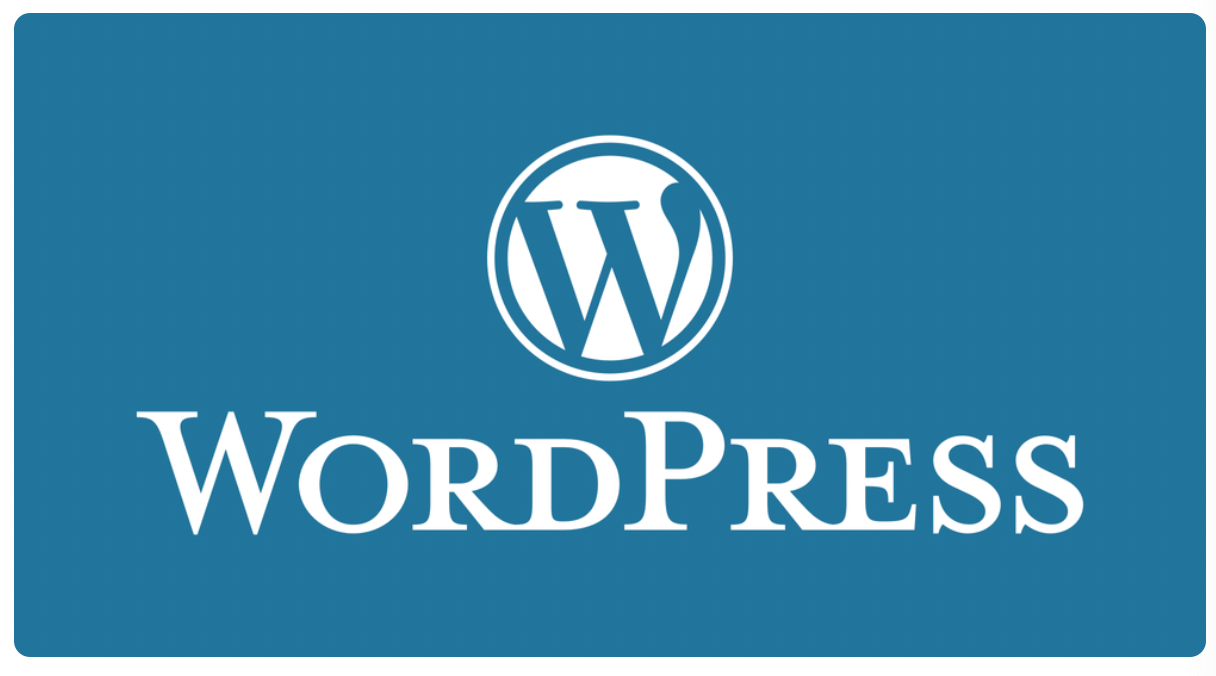
Overview of WordPress
WordPress is a widely used open-source content management system (CMS), launched in 2003.
It is known for its flexibility and customization, offering a robust platform for everything from personal blogs to large-scale business websites.
Key Features
. Customization with Themes and Plugins: WordPress provides a vast array of themes and plugins, allowing extensive customization to meet specific user needs.
. SEO-Friendly: With various SEO plugins like Yoast SEO, WordPress makes it easy to optimize sites for search engines.
. Large Community and Support: An active global community provides extensive support, educational resources, and regular updates.

Target Audience
WordPress is suitable for a wide range of users, from individual bloggers to large enterprises, due to its flexibility and ability to adapt to various needs and scales.
Pricing
WordPress as software is free, but hosting and domains have associated costs. Additionally, some premium themes and plugins require purchases or subscriptions.
Advantages and Disadvantages table
| Advantages | Disadvantages |
|---|---|
| Extremely flexible and customizable with a vast selection of themes and plugins | Can be complex for beginners due to its steep learning curve |
| Developer-friendly with a large community for support | Maintenance and security require regular attention, especially with numerous plugins |
| Good for SEO with dedicated plugins | - |
Things to remember
WordPress is the preferred choice for those seeking a flexible and scalable content platform. Its strength lies in its ability to adapt to almost all types of websites, although its complexity can be a challenge for less technical users. For those willing to delve into its subtleties, WordPress offers almost unlimited potential in terms of website creation and management.
8. Squarespace
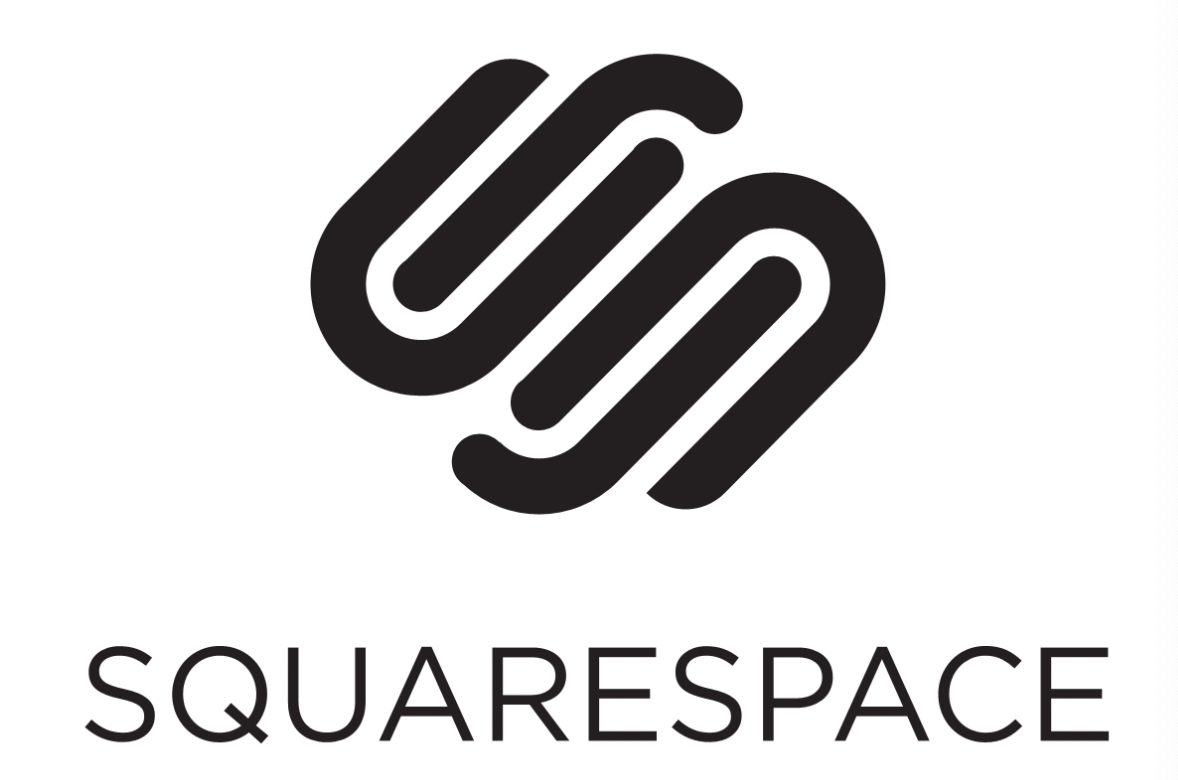
Presentation
Squarespace is a cloud-based website development platform launched in 2004.
It is known for its elegant designs and intuitive templates, making it easy to create visually appealing websites without coding skills.
Key Features
. Templates: Squarespace offers a wide range of professionally designed responsive templates tailored to various industries and styles.
. Drag-and-Drop Editor: The platform allows for easy customization with its drag-and-drop editor, providing full control over the site's appearance.
. E-Commerce and Blogging Features: Squarespace integrates advanced e-commerce features and blogging tools, making it ideal for businesses and content creators.
Target Audience
Squarespace is particularly suited for small businesses, artists, photographers, and those who prioritize elegant website design and a simplified user experience.
Pricing
Squarespace pricing plans vary based on needs:
. Personal: Starting at $12/month, offering basic features for a personal website or portfolio.
. Business: At $18/month, including advanced marketing tools and e-commerce options.
. E-Commerce Plans: Ranging from $26 to $40/month, for users focused on online selling.
Advantages and disadvantages table
| Advantages | Disadvantages |
|---|---|
| High-quality and aesthetically pleasing designs | Less flexibility and customization compared to CMS like WordPress |
| Intuitive and user-friendly interface for beginners | Some limitations in SEO features and third-party integrations |
| Good built-in features for e-commerce sites | - |
Things to remember
Squarespace is an excellent option for those seeking an elegant and user-friendly solution to create a website. Its high-quality designs and user-friendly interface make it appealing for content creators and small businesses, although users looking for extensive customization and advanced SEO features may find the platform somewhat limited.
9. Wix
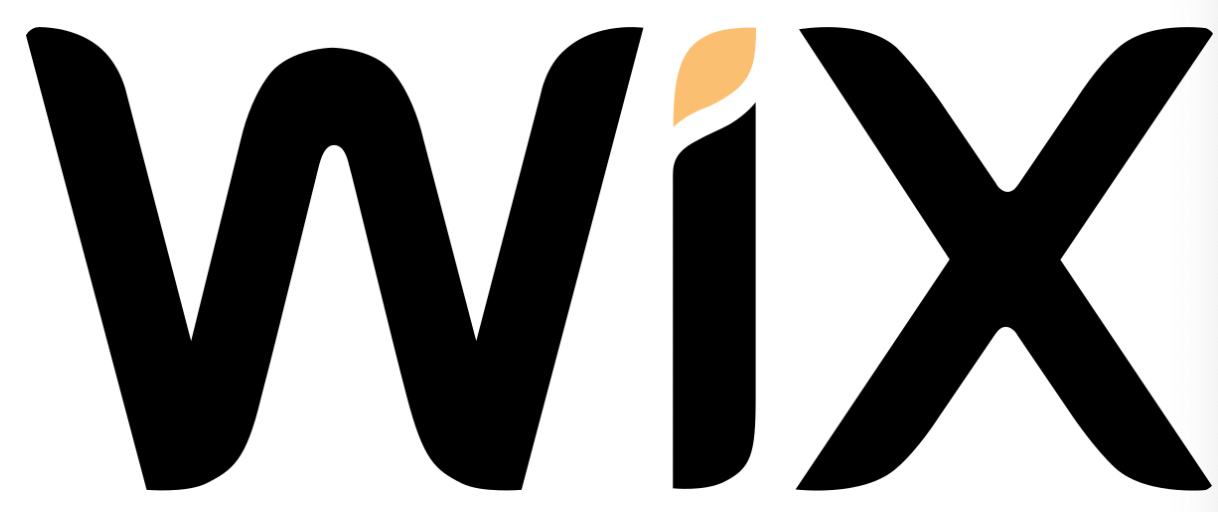
Overview of Wix
Wix is a cloud-based web development platform launched in 2006. It provides a flexible and user-friendly solution for website creation, thanks to its drag-and-drop website builder and extensive template library.
Key Features
. Drag-and-Drop Website Builder: Wix allows for easy website creation with an intuitive editor, requiring no coding skills.
. Template Library: The platform offers a wide selection of pre-designed templates tailored to different industries and styles.
. Advanced Features: Wix includes options for e-commerce, online bookings, and other industry-specific features.
Target Audience
Wix is ideal for small business owners, content creators, and beginners in web design who are looking for a simple and quick solution to create a professional website.
Pricing
Wix offers multiple pricing tiers, catering to different needs:
. Free: A basic plan with limited features and Wix advertisements.
. Premium: Plans ranging from $14 to $49 per month, offering more features, greater bandwidth, and more storage space.
Advantages and disadvantages table
| Advantages | Disadvantages |
|---|---|
| Easy-to-use user interface, ideal for beginners | Less control and flexibility compared to advanced CMS like WordPress |
| Wide range of aesthetically pleasing templates | Can be restrictive for complex websites or those requiring specific customizations |
| Good features for basic websites and small businesses | - |
Things to remember
Wix is an excellent option for those starting out in website creation or needing an online presence quickly and without technical complications. It offers remarkable ease of use, although its flexibility may be limited for more elaborate or customized web projects.
10. HubSpot CMS Hub
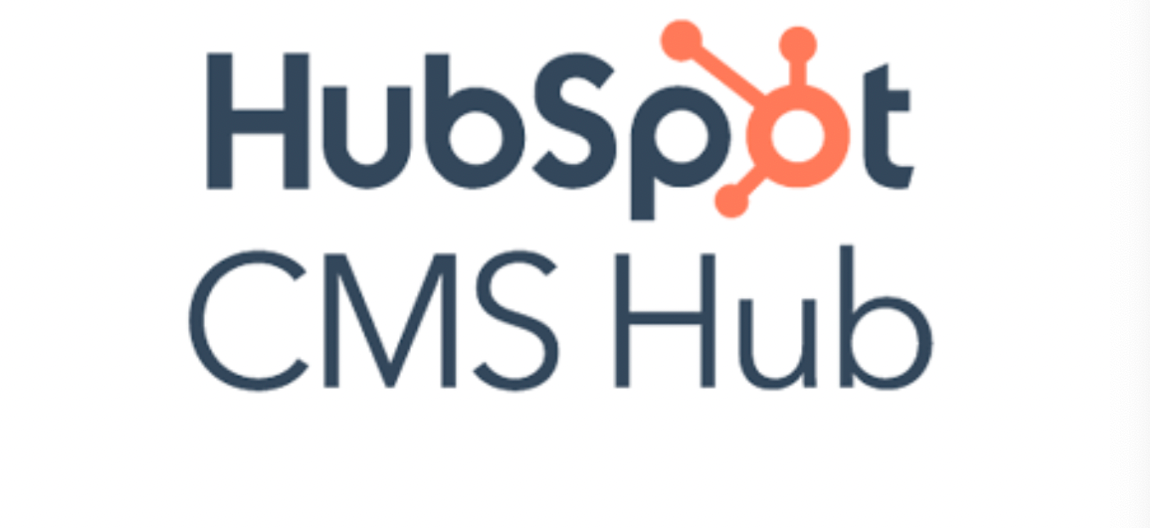
Presentation
HubSpot CMS Hub, launched by HubSpot, a leading company in marketing, sales, and customer service, offers an integrated content management solution that seamlessly combines with its marketing and customer relationship tools.
Key Features
. CRM Integration: HubSpot CMS Hub seamlessly syncs with HubSpot's CRM, providing a unified view of customers and interactions.
. SEO and Marketing Tools: The platform offers built-in SEO recommendations, analytics tools, and email marketing capabilities.
. Content Personalization: Allows for website content personalization based on visitors, thereby enhancing the user experience.
Target Audience
HubSpot CMS Hub is ideal for businesses of all sizes seeking an integrated content management solution with marketing and customer relationship management capabilities.
Pricing
. Free: HubSpot CMS Hub offers a free version with basic features.
. Paid Plans: Ranging from $25/month to custom enterprise pricing options, depending on the needs and scale of the business.
Advantages and disadvantages table
| Advantages | Disadvantages |
|---|---|
| Seamless integration with HubSpot's CRM and marketing tools | Can be costly for small businesses or individuals, especially when opting for advanced features |
| Advanced SEO features and built-in analytics | HubSpot's entire ecosystem can be complex to navigate for new users |
| Ability to customize content for different audience segments | - |
Things to remember
HubSpot CMS Hub stands out as a powerful platform for businesses looking to closely integrate their content management with their marketing and customer relationship efforts. While offering a comprehensive range of features and integrations, its cost and complexity may be significant considerations for small businesses or independent users.
How to choose the right alternative to Systeme.io?
When it comes to selecting a platform that suits your needs, several key factors must be considered. Here is a list of essential criteria to guide you in your decision:
. Project objectives: Clarify your goals before searching for an alternative to Systeme.io. Whether it's for blogging, e-commerce, creating online courses, or comprehensive content management, your objectives will guide your choice.
. Essential features: Establish a list of essential tools for your project, including elements such as SEO, e-commerce features, customization options, and necessary integrations.
. Available budget: Reflect on your potential investment in a platform. Options vary in price, with some offering advanced features at a higher cost and others being more affordable with basic functions.
. Total cost: Consider all costs, including subscription, plugins, premium themes, and additional integrations.
. Platform user-friendliness: Evaluate whether the platform is accessible for beginners or if it requires more in-depth technical knowledge.
. Customization options: Ensure that the platform offers sufficient customization to meet your specific requirements.
. Scalability: Check if the platform can adapt and grow with your business or project.
. Support and community: Inquire about the type of support available and the existence of an active community of users.
. Possible integrations: Verify the compatibility of the platform with other tools and services you already use.
. SEO optimization and performance: Ensure that the platform has advanced features to optimize your online presence.

Conclusion
Finding the perfect alternative to Systeme.io is a process that entirely depends on your specific needs as a business or content creator.
Whether you're looking for a more intuitive platform, advanced customization options, e-commerce features, or an integrated solution for content management and marketing, there are plenty of options available.
We've explored a variety of platforms, each with its unique strengths and areas of expertise. From Ghost CMS, ideal for SEO and content publishing, to HubSpot CMS Hub, which offers a comprehensive solution for marketing and content management, the choice is vast and varied.
Remember, the key to success lies in selecting a platform that not only meets your current needs but is also capable of evolving with your business or project.
Take into consideration your goals, budget, and preferences for ease of use and features when making your decision.
Have you found your ideal alternative to Systeme.io among the options presented? Share your choice and the reasons behind it in the comments. Your experience could greatly help other readers in their own search for the perfect platform.


![The 10 Best Alternatives to Systeme.io [2025]](/content/images/size/w300/2024/05/Best-Alternatives-to-Systeme.io.png)


